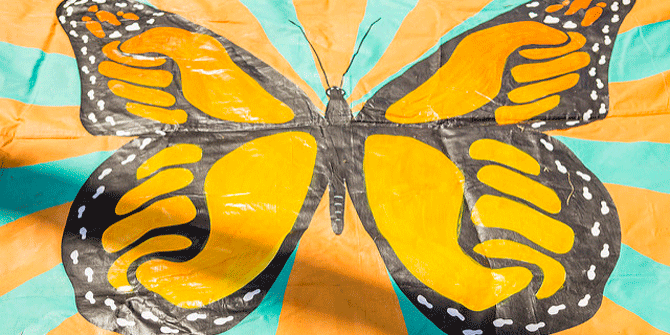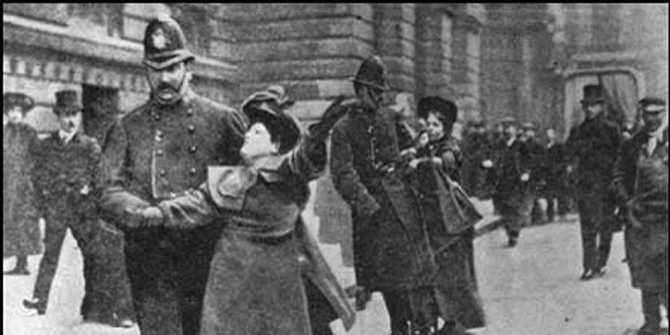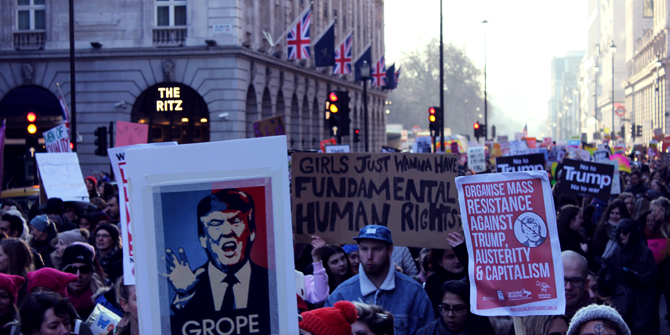To mark International Women’s Day 2022 we invited students to submit an article addressing this year’s theme #BreakTheBias. We’re delighted to announce Katrina Cuschieri as our second place winner.
We all know that feeling. The crippling anxiety until your friend texts back that she’s home safe, the almost-paralysing fear of walking back home alone, even if it’s just a short road away, or the sheer terror that running with both headphones on in broad daylight brings. We all know the overwhelming relief felt once your friend texts she’s home, once you arrive home and lock the door and once you finish your run in one piece.
But not everyone gets to feel that relief. Some, like Ashling Murphy, never made it home from their 3pm run. Sabina Nessa and Bibaa Henry never made it home after they went out, and Sarah Everard never made it home after going to her friend’s house.
These stories, like so many others, are a reflection of the institutionalised patriarchal society that we live in. The problem is systemic – we are inundated with misogyny and sexism everywhere we turn. In the UK, a woman is killed by a man every three days. On top of that, 97% of women aged 18 to 24 have been sexually harassed.
The situation has reached breaking point – women are continuously forced to change their behaviour trying their hardest to not be attacked or harassed. Too many women are reporting being scared to go out when it gets dark. The case of Ashling Murphy perfectly shows how even going out in broad daylight doesn’t make going out alone any safer than going out at night. Women are continually being stripped of their right to independence and their right to feel safe in the world.
As Claire Barnett, executive director of UN Women UK, put it: “This is a human rights crisis. It’s not just enough for us to keep saying ‘this is too difficult a problem for us to solve – it needs addressing now”.
In order to address the situation, we must embark on a global endeavour of education, justice and community support. We must strive to end patriarchal misogyny in every aspect of our lives, and it starts with our children – we need to educate our school children on the meaning of a healthy relationship and the importance of consent when it comes to it. These continually reinforced gender norms must be eradicated, and stories of harassment cannot go unnoticed or worse, try to discredit the women that have come forward.
Every time a new case of gender-based violence is reported, our social media is flooded with the same messages of grief: “she was just going for a run”, or “she was just walking home”. While justified, these messages we share are creating an unintentional bias that continues to reinforce the deep-seated gender norms and standards that we uphold for women: what if that woman had been a sex worker? What if that woman had been drunk at 3am after a night out? Does that woman not deserve to be a victim? These messages imply that the case might not be so heart-breaking had it been so, because they weren’t just “innocent passers-by” or they “weren’t doing the right things”. It fuels the attempt to devalue women’s lives based off their behaviour, and strips women of their independence and instils fear.
The buck doesn’t stop there. The source of most gender-based violence is toxic masculinity and the sense of superiority that comes with it. The responsibility lies with males more than it does females. Juan Manuel Santos, member of The Elders, says: “I am a man, but I am also a husband, father, grandfather, friend, and human being. Ending violence against women and girls matters to everyone regardless of gender, nationality, or status, because girls and women everywhere deserve the chance to break free from fear. Fear of being banned, criminalised, or shamed for what they are wearing; fear of walking down the street and being catcalled or harassed; fear of going out for a run and never returning home; fear of constantly feeling and being in danger.”
It is time for men to realise that stepping in the fight for justice and equality does not make them any less of a man – rather, it makes them role models for their fellow male friends and can encourage more men to step in and help us fight for an end to gender bias in every aspect of our lives.
Feminism has the power of breaking us free from stereotypes that burden both men and women, and it is with that power that we can create a bias-free, violence-free and equitable society where every human being can feel safe.
Note: this article gives the views of the authors, and not the position of the LSE Department of Government, nor of the London School of Economics.
Image credit: Gerry Popplestone





